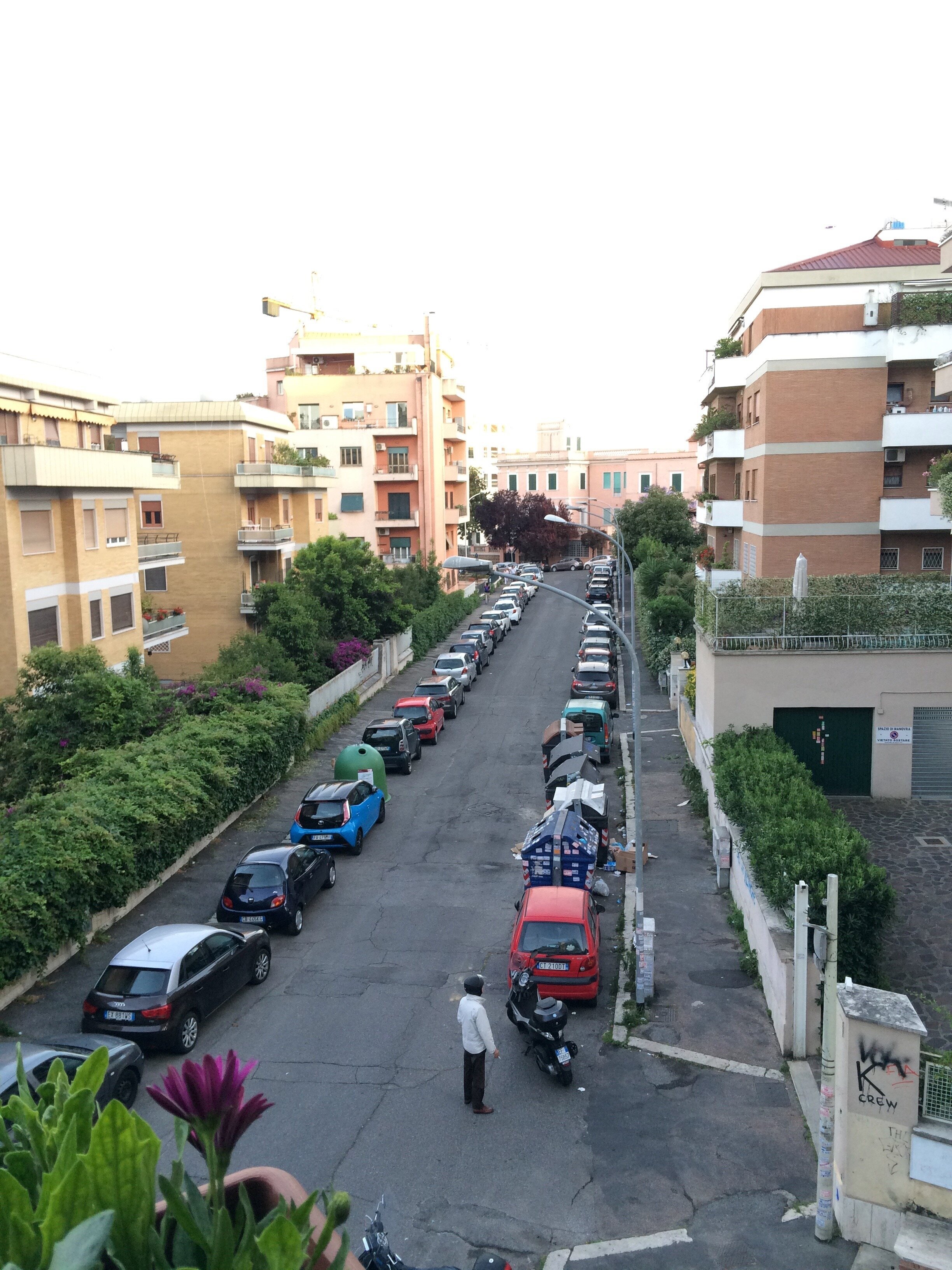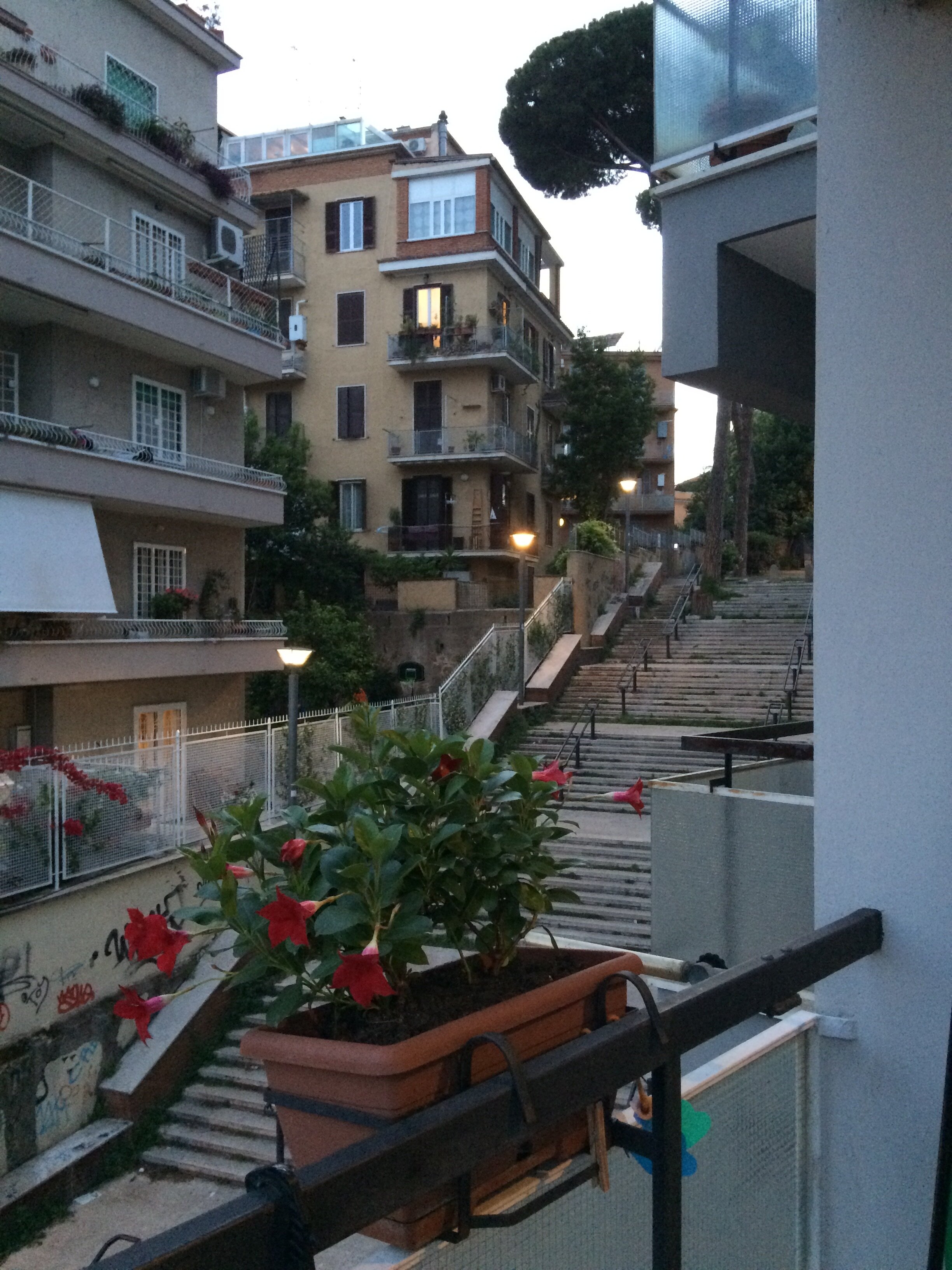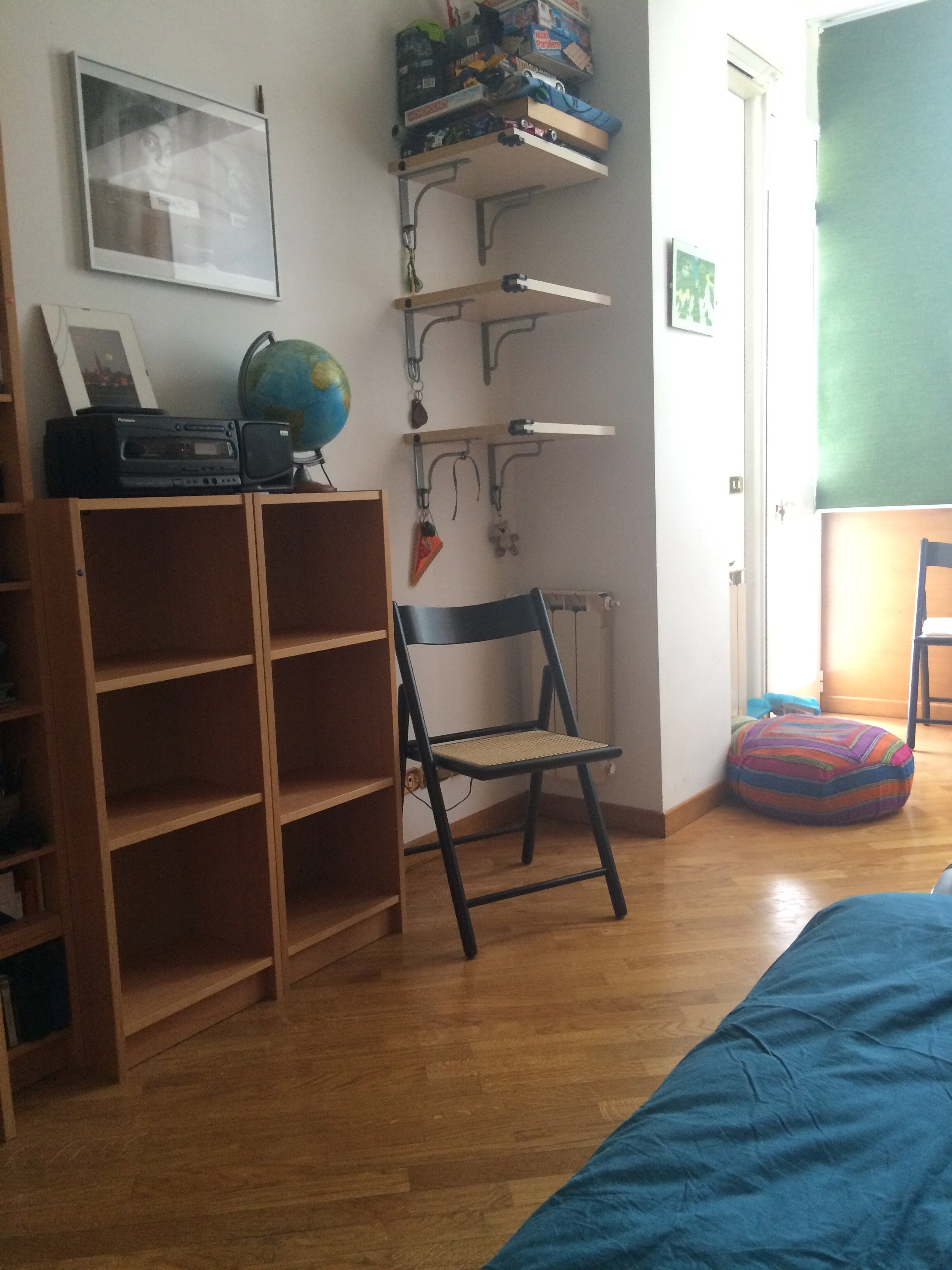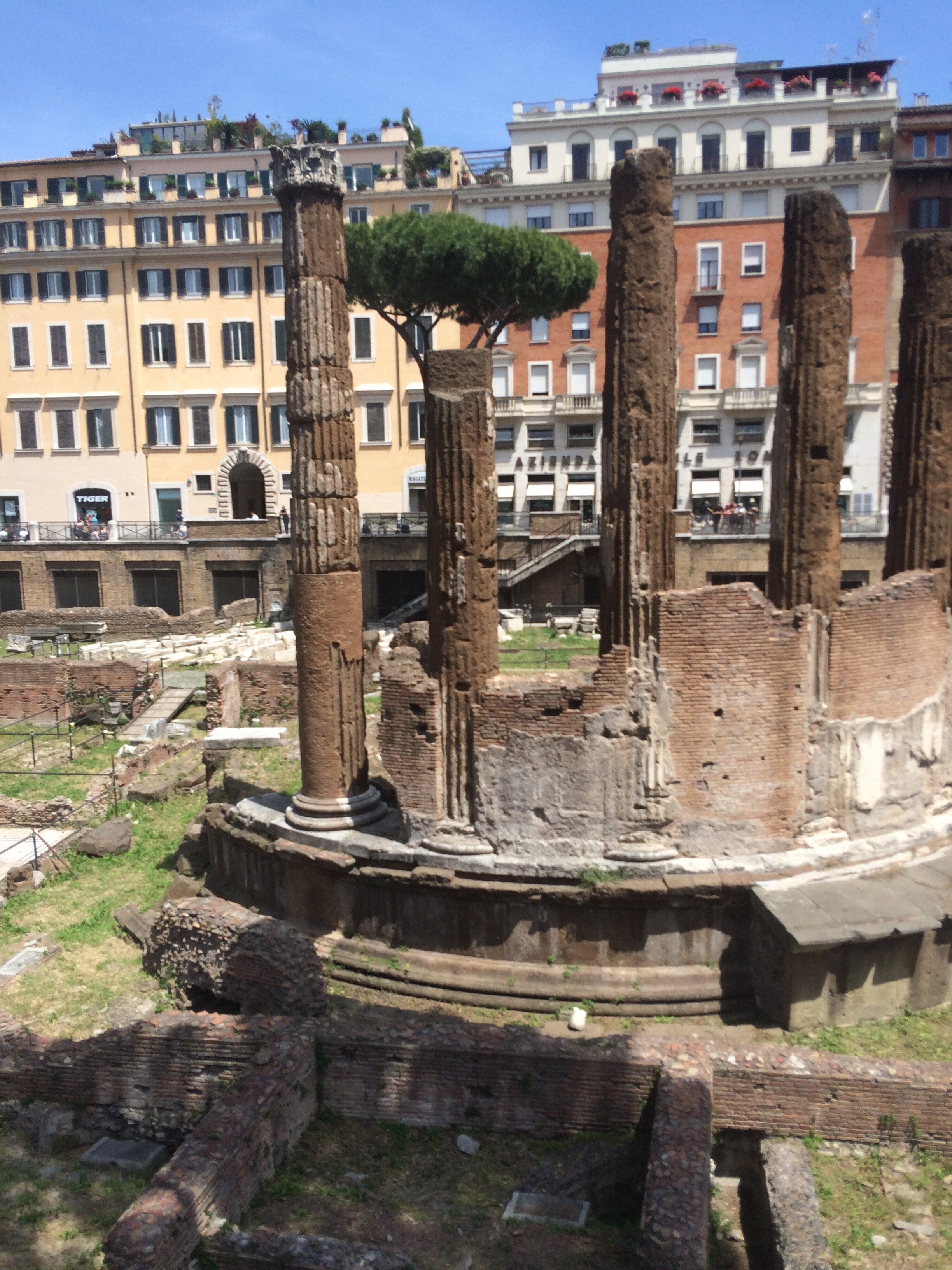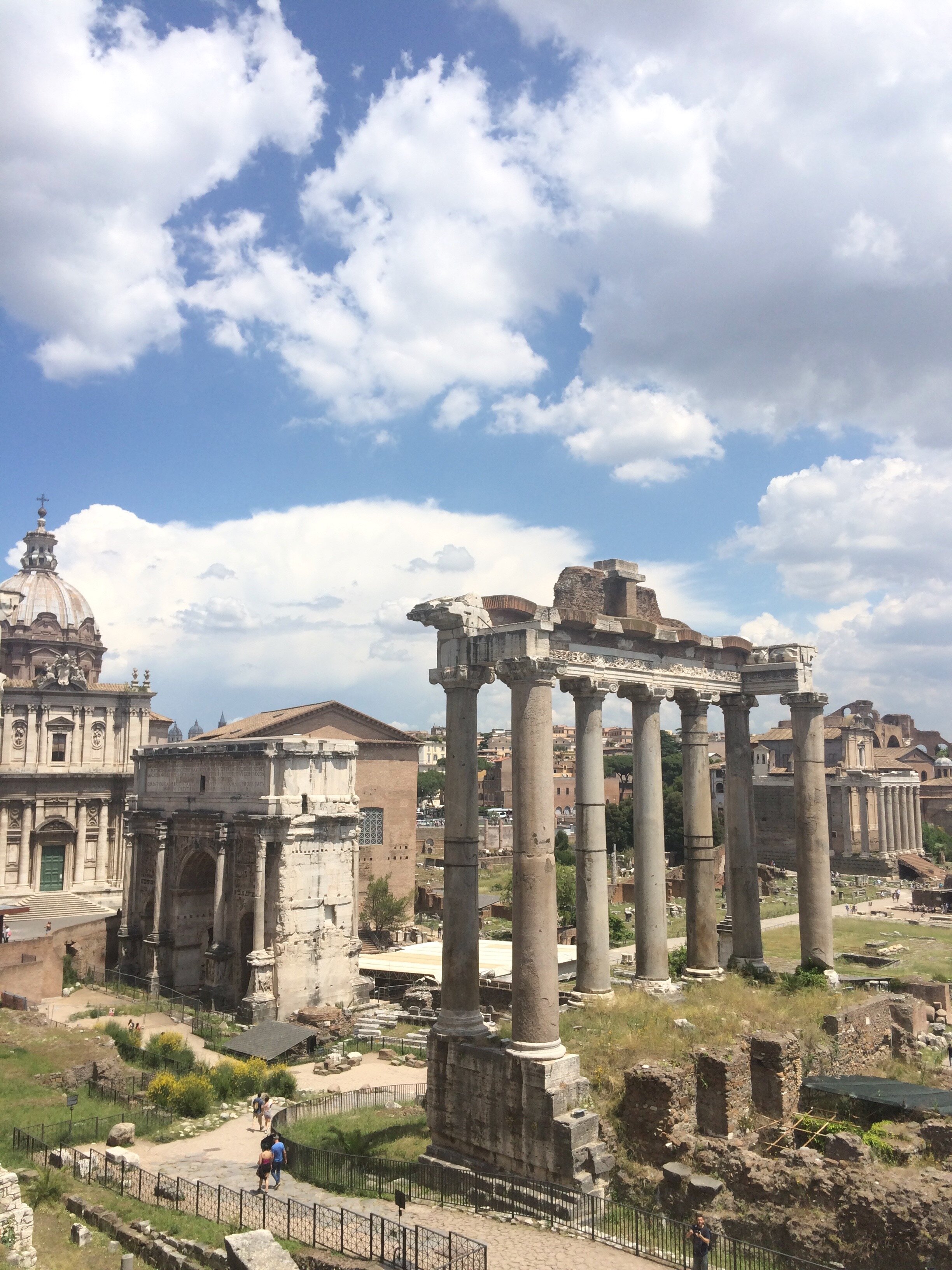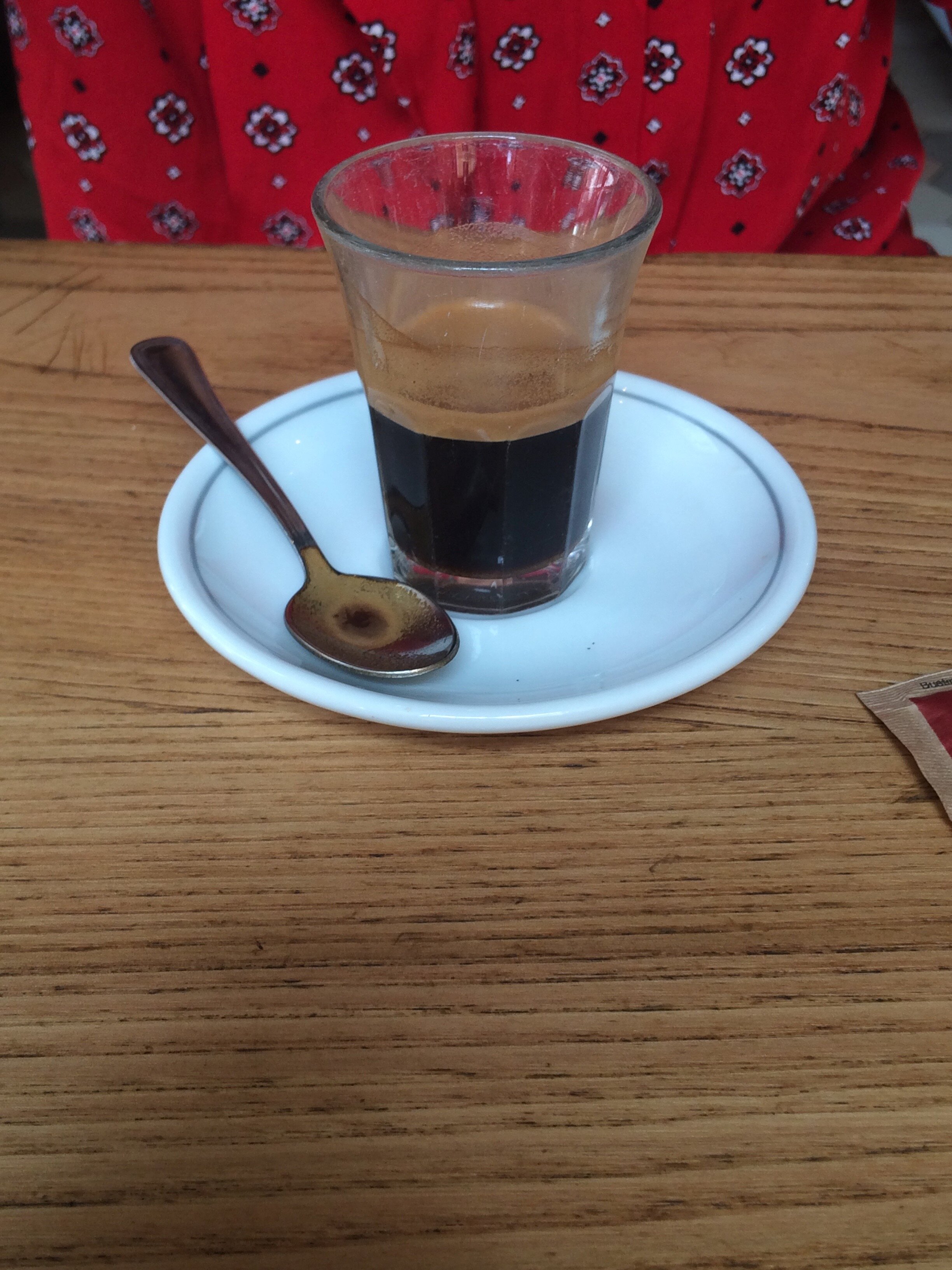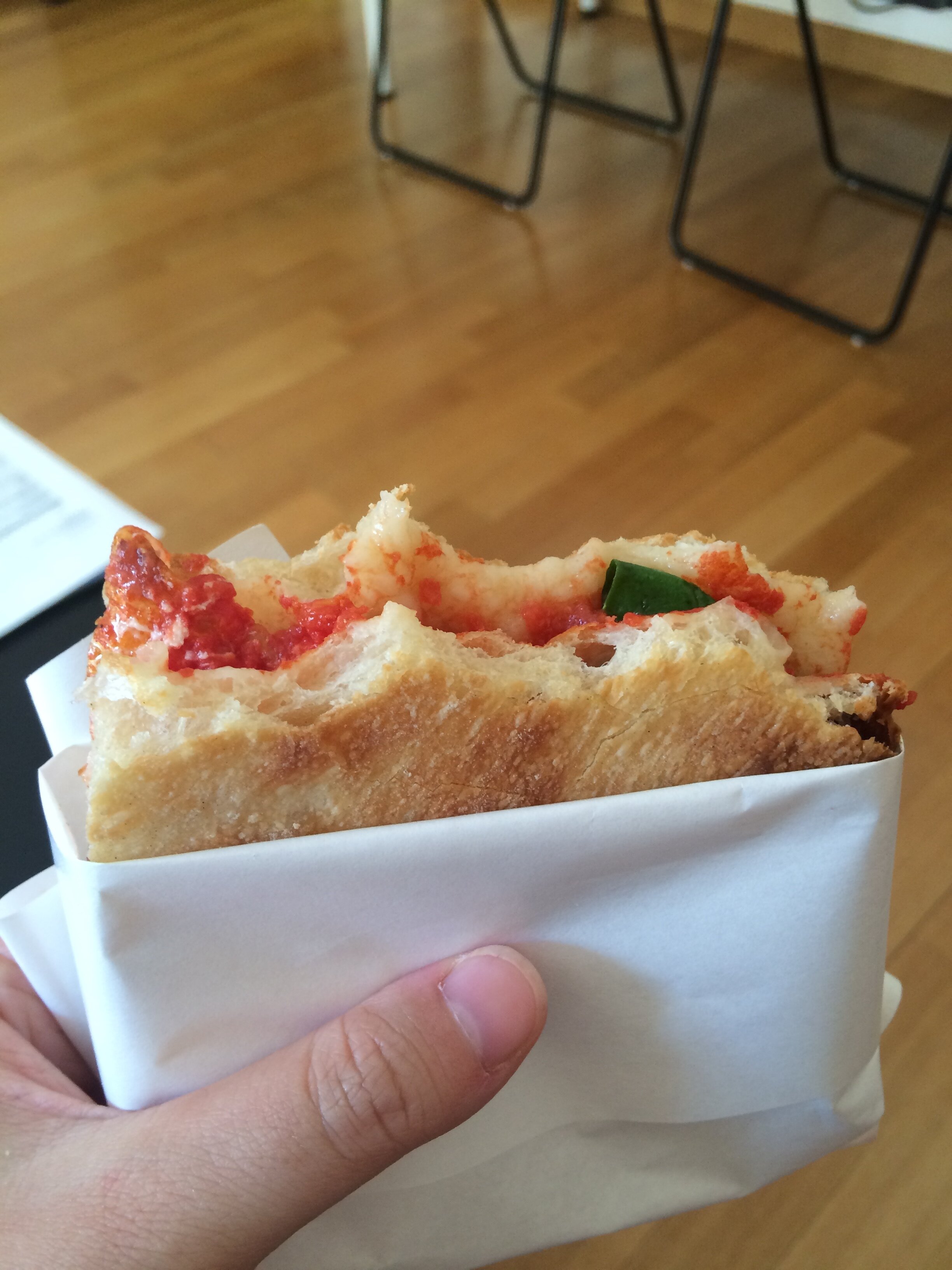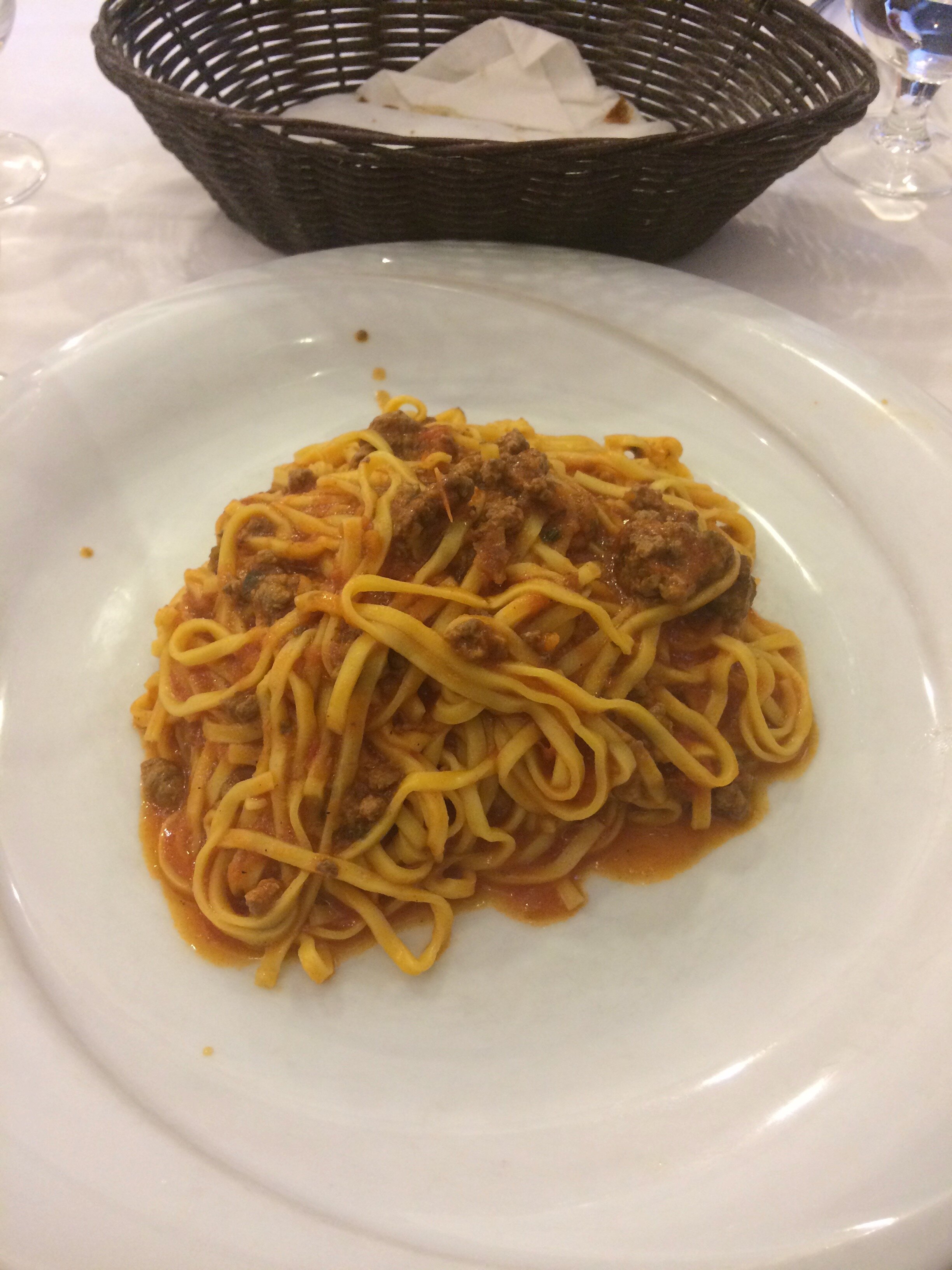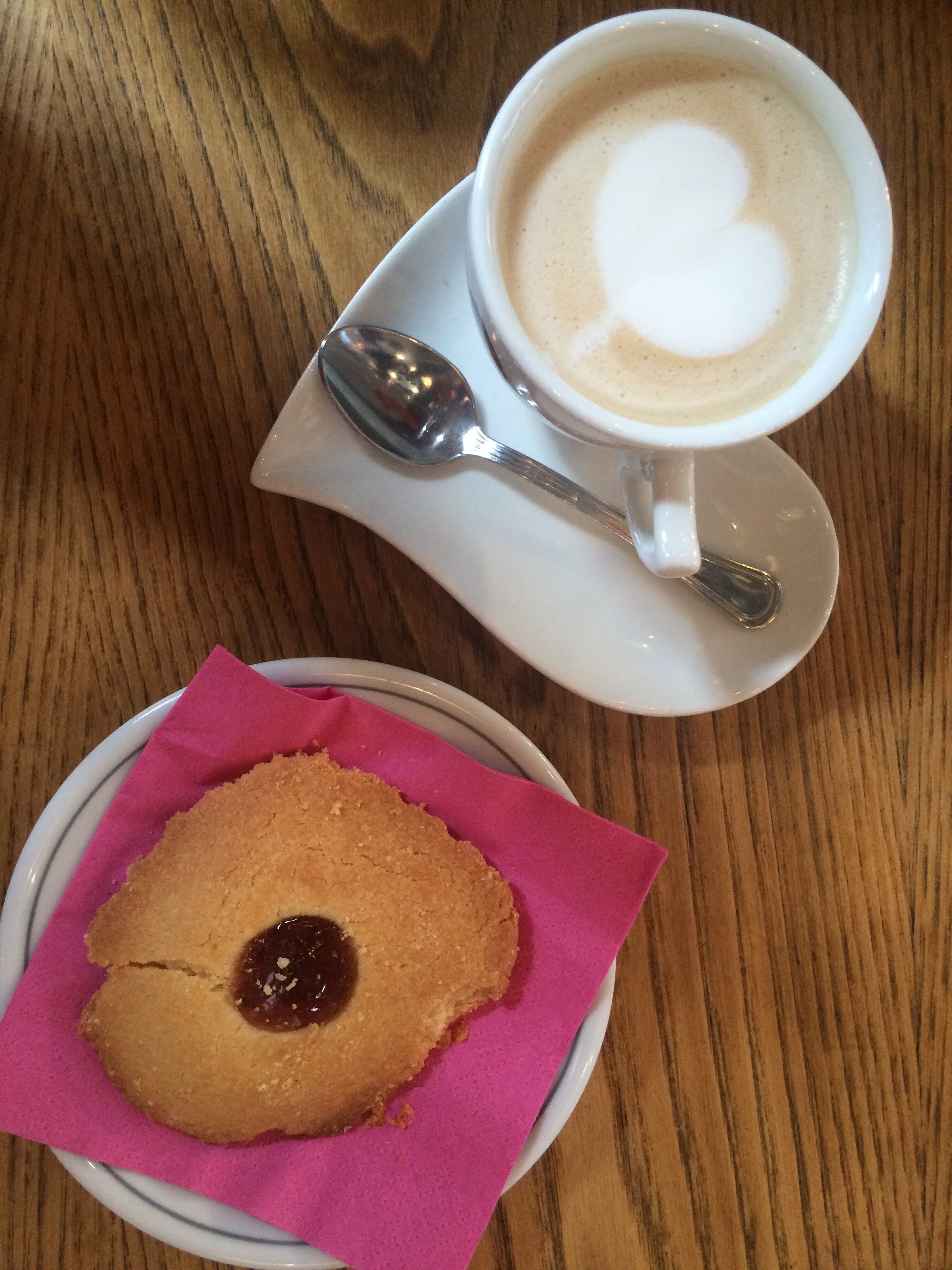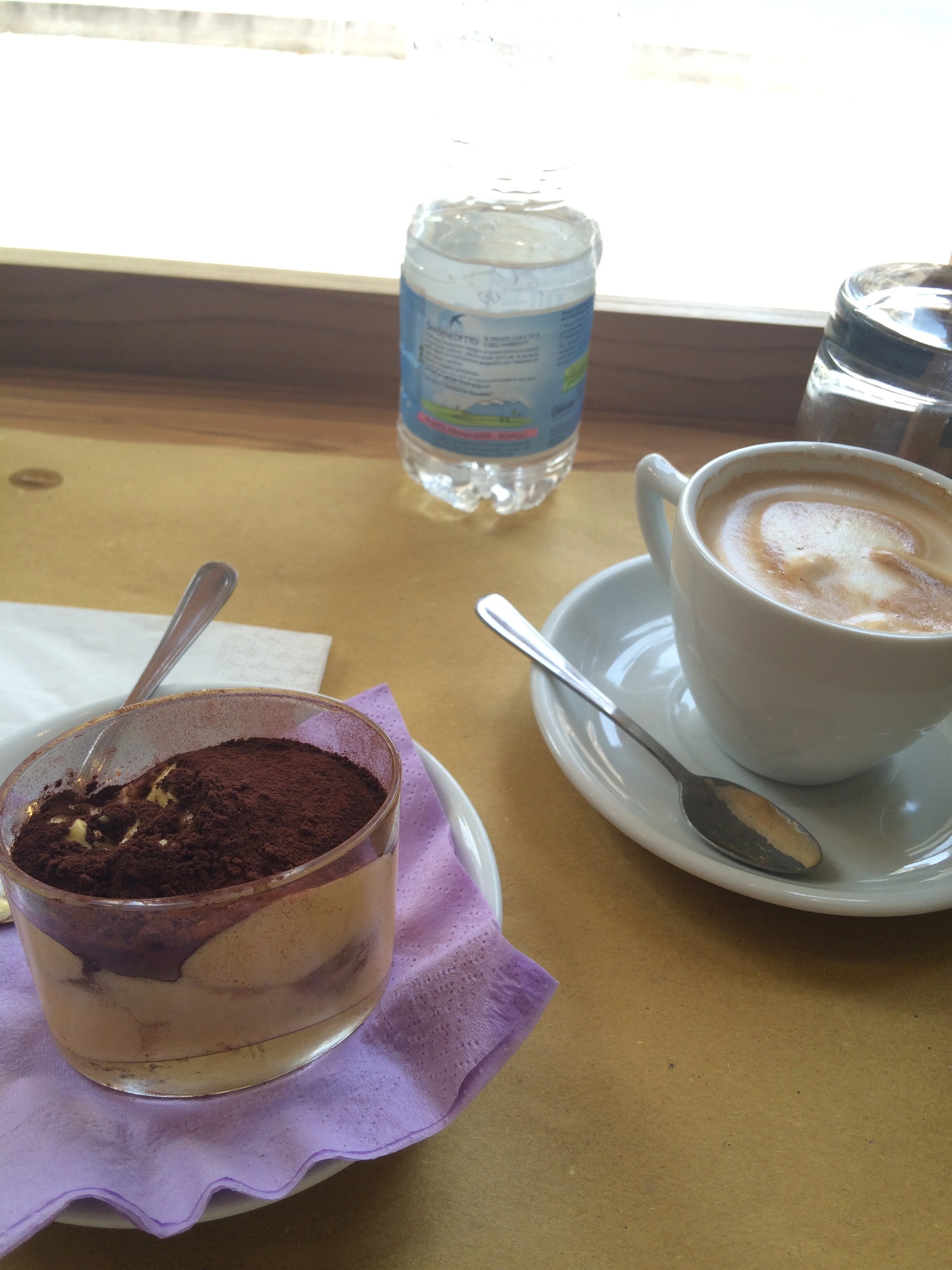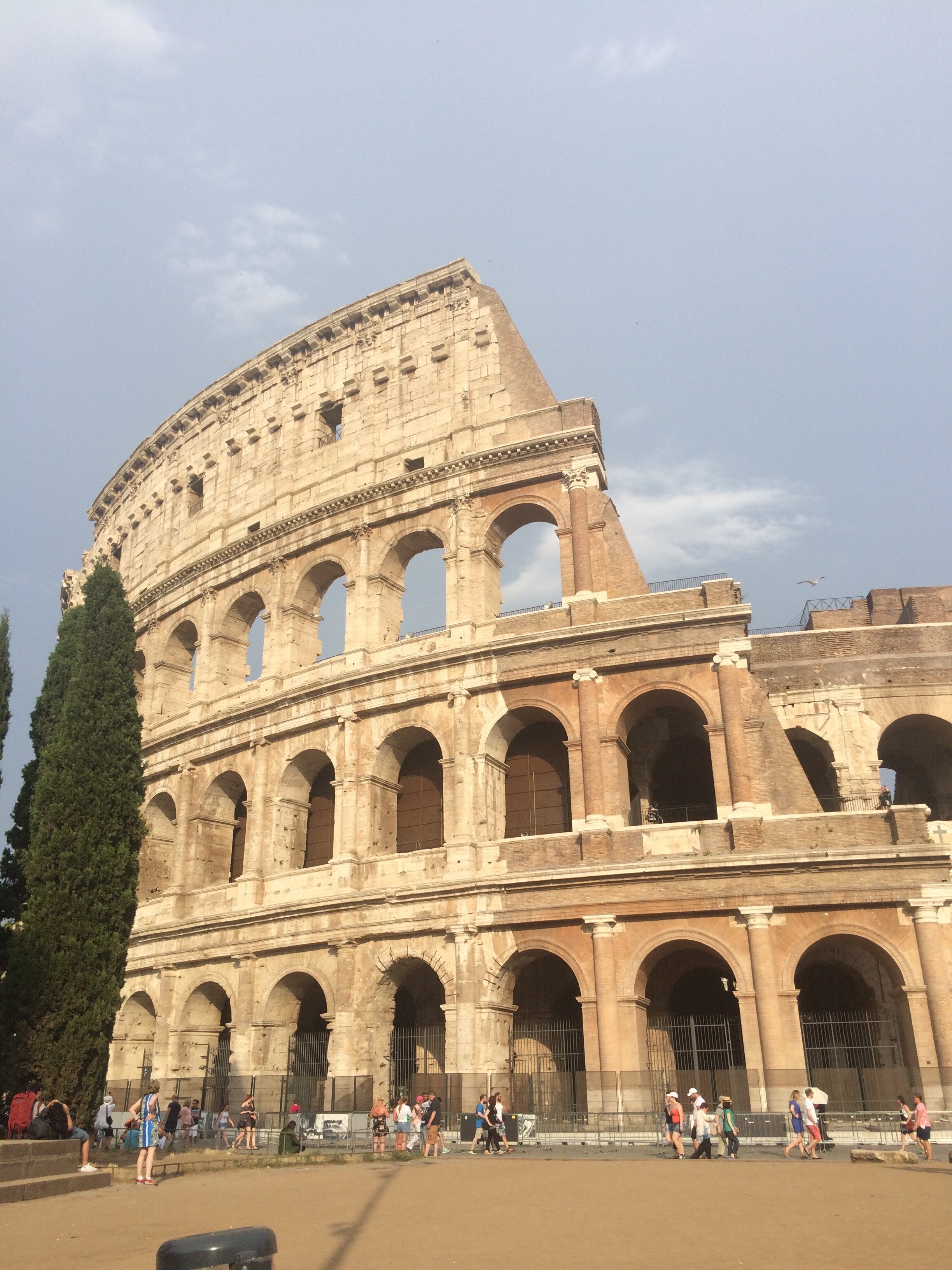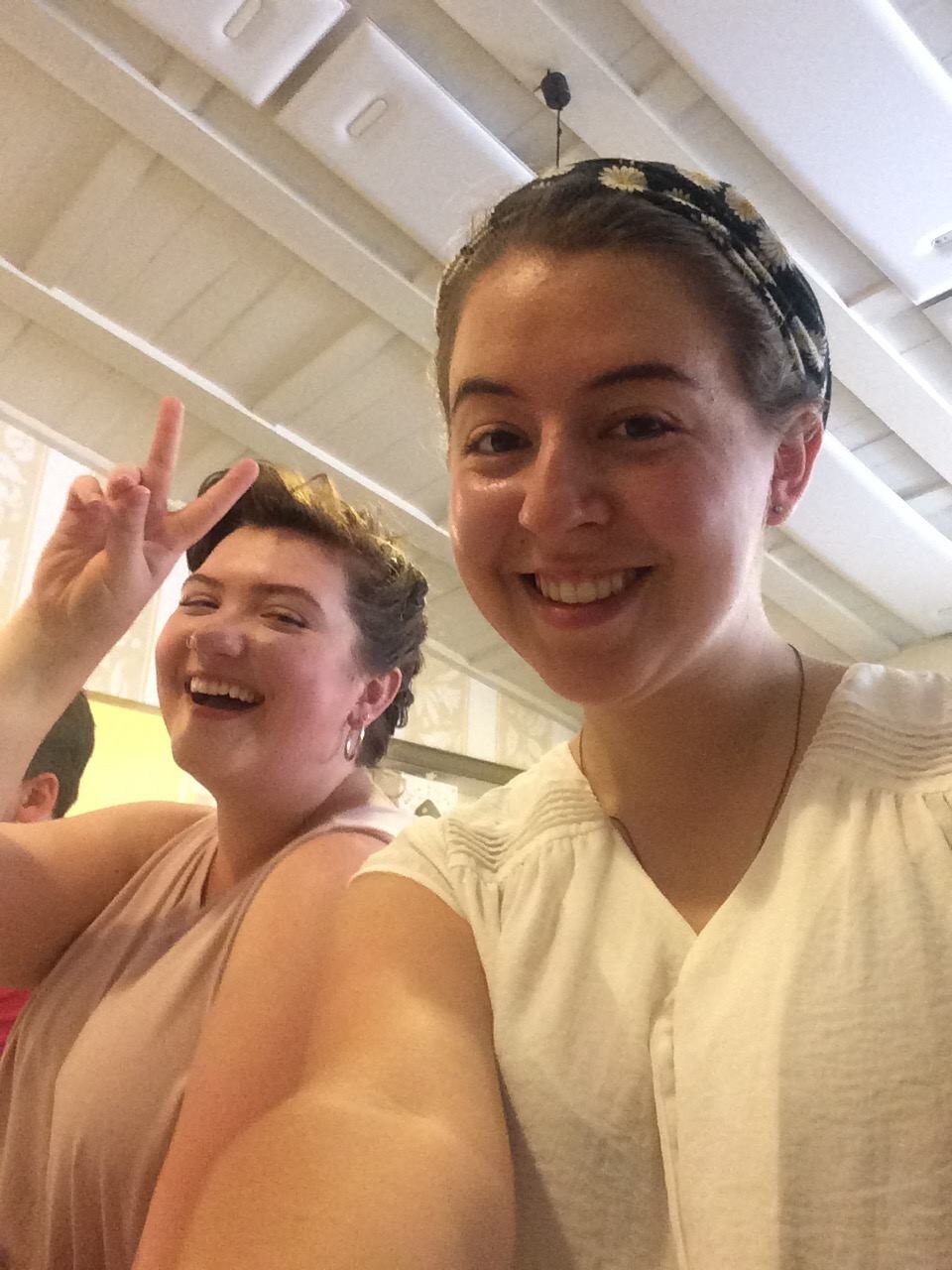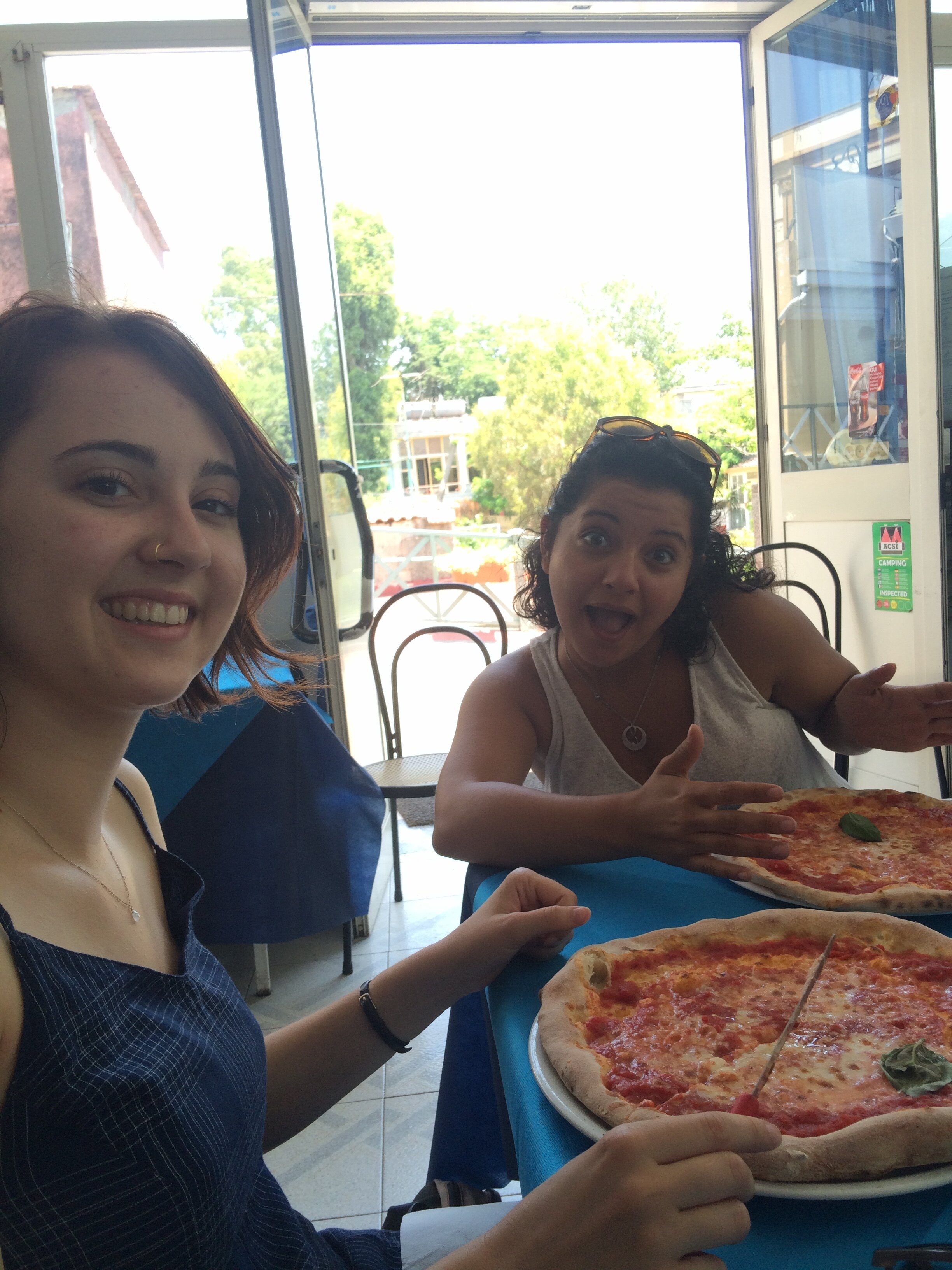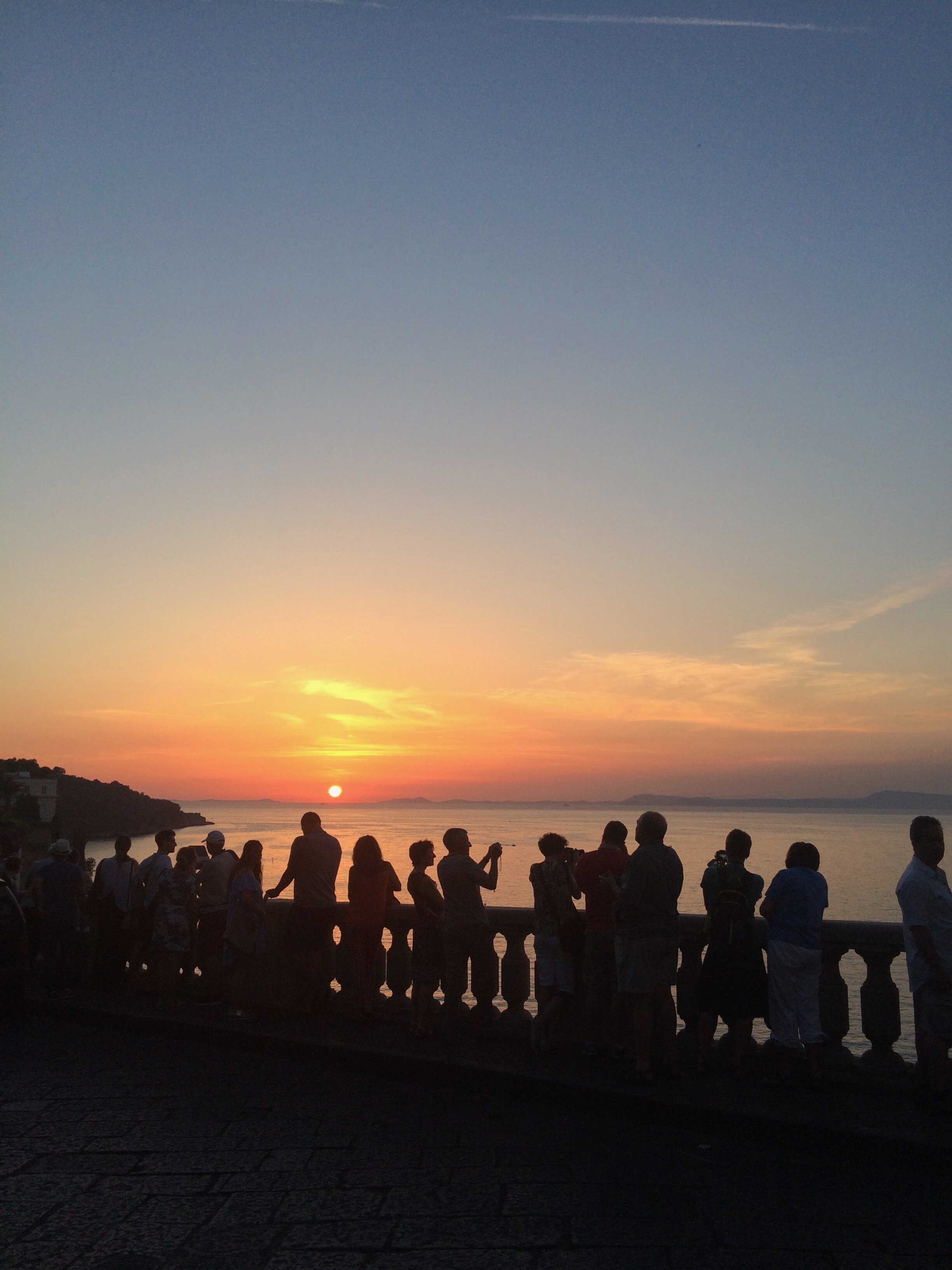What Studying Abroad in Rome Taught Me
Or, Why Did I Minor In Italian and Was That a Waste of Time? TLDR: God, I hope not.
Okay, as if having a travel blog wasn’t white-girl enough, we’re going full white girl. Let’s talk about studying abroad.
(note: forgive the iphone 4 picture quality; it’s all I have.)
Why Italian?
So, when I was signing up for classes at my university, I had to pick a language to study as part of my degree plan. French? Took it in high school, didn’t want to test for it. German? Hm, maybe. Spanish–would be useful, but I wasn’t overly interested in learning it (oh how times have changed). Italian? Well, I’d always wanted to go to Italy…
Yeah, I didn’t have a ton of great reasons to pick Italian. My family is not an ounce Italian. But, as it would turn out, that decision would carry so much more weight than I could have ever expected.
From then on, I was taking an Italian language class every semester. By my third semester in it, I was realizing…hey, I’m actually getting kind of good at it. I’m making sentences, piecing things together, grammar was sticking. My professor was young and new, clearly excited to share her language with us. One day, she told us, “Hey! Come to this info session for the Rome Study Abroad!”
The Rome Study Abroad was a program offered by my university’s Italian department, in which students go to Rome for six weeks to study Italian language and culture, all while living with a host family. It’s led by Antonella Del Fattore-Olson, one of the most brilliant and effective professors I’ve ever had the pleasure of knowing. She puts her heart and soul into this program, knowing that this kind of experience changes people for the better. I have an entire website devoted to explaining it.
The best way I can sum it up is with the words of one of her first study abroad students:
“Antonella took a group of kids and made us into citizens of the world.”
Dolla Dolla Bills
The major concern leading up to the trip was how I’d pay for it. Luckily, my school’s Italian department and Study Abroad Office offered scholarships based on need. I applied and was awarded two, which amounted to around $3,000. This covered most of the program fees, including also transportation and room and board. What was left, my parents and grandparents were incredibly generous and helped out as part of my Christmas and birthday gifts.
If you are considering studying abroad, see what scholarships your university has to offer. I know, in my case, Antonella and the Italian department did everything they could to make sure students could go.
What’s “breakdown” in Italian?
Right, so the trip was paid for, and things were squared away. All I had to do was leave the country for the very first time. Alone.
the view from my plane—first international flight ever
At last, we made it and left the airport to meet up with our host families. I was so uncomfortable, and extremely nervous to meet my new hosts, particularly because we were expected to only speak in Italian to them.
She was super friendly and kind, of course. I remember her dragging my luggage to her car. She told me, “It’s the first day, so you can speak English.” But already, I was trying hard to speak to her in broken Italian. You can say whatever you want about my language abilities, but I do try, damn it.
Once we arrived at the apartment, she explained a bunch of stuff to me, showed me around the place and introduced me to her two kids. I took a shower, then went to my room.
I don’t know how to explain this other than saying I sat down on the bed and realized it was stiff. And for some reason, that made me burst into tears.
Now, I wasn’t actually upset about the bed being firm. I was so overwhelmed with being in a new country, the long journey, and the realization I would be living in someone else’s home that I started panicking, and somehow the bed being stiff just broke me. It was like the brutal truth slammed into me: I was definitely not home anymore. I kept saying. “I can’t do this. I can’t do this.” I thought, how embarrassing it’ll be to beg to go back home. Antonella, my family, they’ll be so disappointed. But I can’t do it.
I was on the verge of what I think might’ve been a panic attack, unable to breathe and think straight. I called my dad, and totally freaked him out. Once he figured out I wasn’t being attacked by anything other than my own brain, he said, “Just take a nap. You’ll feel better.”
I’m not 100% how I got from there to asleep, but I did it. And when I woke up, I could breathe again.
Cultura e comunità
Besides a few growing pains with my host family (I somehow locked myself in the bathroom on the first night), the rest of the program unfolded naturally. My host mom showed me how to get to school. I remember stopping on our commute to stare at a massive ditch of Roman ruins. I can still picture them perfectly in my mind. I’ve written about this before, but I think that was one of the first tangible times where I felt wonder.
But, routine and wonder are water and oil, so I quickly fell into normal schedule. I’d wake up at 7, eat a breakfast of toast and jam or nutella and a shot of espresso (~so Italian~). My host siblings and parents would be out already. From there, I’d take a tram and then a bus to Piazza Cavour.
I took only one class, Italian Cinema, since I’d taken the other the semester prior. For lunches, we’d get paninis or pasta, occasionally pizza. Those were pretty much your only three choices, if you were trying to keep it cheap. I ate gelato almost every day; we had the best places near the school mapped out.
On weekends, if in Rome, we’d go to Ostia for the beach or explore the city. Other times we had field trips to Matera, the city of caves, or Pompeii, Bari, Sorrento and Capri.
These weekend trips were the absolute best.
Back then, I never really considered going anywhere alone. I would explore in the afternoons with friends, but I think I was still just not ready to go on my own.
It took me a really, really long time to become comfortable with solo travel, despite doing it in micro-bursts every day.
I didn’t see this bad boy until halfway through the trip
Pizza and more pizza–but homemade this time
By evening, I would be home to eat dinner with my host family. I’d always come out and chat with my host mom while she cooked–that was the greatest chance for me to practice my Italian. We’d often eat dinner outside on their balcony in good weather.
Home-cooked Italian dinners were probably the most hyped up aspect of host living. But it varied wildly between each situation–some people only ate pasta, for example.
I had two friends who were (thank god) placed together. Their host mom, a 70-year-old-something nonna, would essentially force-feed them. The two would send our group chat videos of the massive amount of food they were expected to put down each day, including a pitcher of coffee. If they ate it all, she’d give them more. If they didn’t eat it all, she’d be hurt. And yes, they told her it was too much food. She was greatly offended, and kept giving them the same amount anyway. They resorted to throwing food off the balcony in one instance.
My host dinners were not so dramatic, but there were times were I felt underfed or didn’t care for something. (I was very used to Texas food and portion sizes.) We had a lot of frozen meals, but frozen Italian food is much better quality than frozen American food.
Generally, we’d have a first course which would be a veggie dish or pasta. Then it would be meat, like chicken or fish. Lastly was salad and sometimes dessert. My favorite meal was when we had frozen pizza as our first course and then homemade pizza as our second.
After, I’d usually go to my room. I don’t really know why I did this. I guess I needed alone time. My one regret, besides not exploring more of Italy on my own, was this. I wish I had stayed out and chatted with my host family more. As it was, we had a good relationship. Halfway through, the son went on his own study abroad to England, but I became good friends with the daughter.
I spent most of my time with her or my host mom, who was…well, very Italian. An example of what I mean is that her sense of humor could be abrasive, but she was never malicious. Once, I said “in fiori” (flowers) instead of “in fuori” (outside) and she wouldn’t let it go.
But as I learned, this was something that Italians don’t take personally. At the dinner table, they would argue back and forth, growing ever the more heated. But after, no one would be actually hurt. I felt they were a lot more comfortable with exchanging ideas without sensitivity. Perhaps that’s me indulging the “passionate Latin” stereotype, but it was the first major cultural sensitivity I remember discovering for myself.
I hope none of this sounds like complaining; I will forever cherish each bit of my experience there. But I do want to be honest about how, usually due to my own inexperience, it was sometimes just really fucking awkward.
Bubbles, the inevitable kind
The people in my cohort were lovely. But of course, people grow closer to some than others, and in a few cases, cliques formed. Over the six weeks, romances started, romances ended, enemies in the lightest sense of the word developed, and gossip was the fruit of the day.
Eh. It happens. When you’ve got young people who are clinging to each other for dear life, what else can you expect? I remember telling my closest two friends that we were really trapped in a bubble.
I’ve got one more regret to add to the pile—I was really insecure on this trip. And I mean, really.
I was young, it’s to be expected, but for a huge variety of reasons, I became someone on this trip I didn’t really recognize. I was so worried about what these people thought of me. I grew jealous of my friends. I remember how self-conscious I was, almost all the time. But maybe that’s something to do with shedding your skin, y’know? The ways we grow aren’t always smooth and pleasant.
I cringe thinking back to things I said or did on that trip, the way I viewed and talked to myself. Yet I can see that being able to reflect on myself the way I am now is a sign of growth.
I think if I could give any advice to my younger self, it would be: don’t worry about whether they like you. Don’t doubt yourself. Just try to be a good person. It all sounds rote, I know. But I stick to it. Oh, and I’d say, break up with that guy.
Rome-sickness, delayed
As we approached the end, I was almost relieved. I’d been really homesick the entire time, and there were quite a few days where I wished it was all over.
And then, as I packed up my clothes and made a lil reflective facebook post…I realized I had adjusted. After six weeks, I had really gotten to such a comfortable level of Italian—having full conversations, climbing ever close to fluency—and grown so used to life in Rome that leaving was a pity.
When I returned to school, people were so excited to ask about Italy. I realized that my study abroad was probably the most interesting thing I had ever done. And yet, I realized how much I didn’t do (I never saw the Pantheon? Why didn’t I?!). I knew now I desperately wanted to get fluent in Italian.
Rome-sickness, as we’d put it, hit me hard.
my last night in rome
The way I coped with it was talking about it endlessly—I was that walking cliche of the study abroad girl. I even researched ways to study abroad again, which was futile. In a more productive effort, I kept taking Italian classes, eventually making it my minor (and ended up taking so many that I could’ve, maybe should’ve, made it a second major).
Even now, writing this out, I can go back in that sense of longing. I still want to return, want to do all the things I never did.
Maybe I can go teach English, I say to my ceiling.
There’s no government program like EPIK, I don’t have a CELTA or teaching degree, I remind myself.
Still. Still. I can feel myself losing my Italian. I have to find a way to use it.
But would returning even be worth it? What if it’s not how I remember? What if it would disappoint me, somehow?
sorrento, our last trip
What was it all for?
When researching the Italian community for my project, I went to a language exchange at a local Italian-owned restaurant in Austin. I remember Antonella pulled me over to her friends—native Italians who spoke at a breakneck pace—and asked me to introduce myself and explain what I was doing. I did so, pretty poorly. Despite my regular literature classes, conducted entirely in Italian, it’d been months since I’d been asked to really talk. Being Italians, they teased me for it, and me being me, I was so embarrassed.
After all this time, I still couldn’t get through a simple interaction without awkwardness.
So what was it all for? The question resounded in my head again, and again, and again.
I still think about that question. I think that question is what calls me to write this reflection. Why did I work so hard to study Italian?
The simplest answer is, because I loved it. I loved Italy, I loved Antonella and the Italian department, and I loved learning a new language. I remember that incredible joy and accomplishment of having my first in-depth conversation with my host mom about guns and politics in America. I never thought I could be the type of person to do that—to be able to speak a different language. I never thought I had it in me. It radically changed my idea of what I could do.
Maybe it doesn’t matter if I’m never 100% fluent, just that I tried?
Well, I know for a fact I would not have come to Korea without having spent time abroad before. So, maybe the answer is, it’s not so much about the direct application, but the indirect.
Speaking of Korea, I know reverse culture shock is a thing, but I don’t know if there’s a name for post-being-abroad blues, but I feel like it’s got to be a common phenomenon. Maybe “rome-sickness” is the closest I get.
As I prepare to leave Korea soon, I worry that it’ll happen again.
I’ve talked before about how I had trouble separating travel and my interests from my ego, essentially feeling like I was living my life in order to seem impressive to other people. Well, I’ve really ironed out a lot of those feelings, both through distancing myself from the social media that exacerbated those issues and by working on myself. Still, I wonder if my love for Italy has to do with ego—in the sense that I’m enraptured by more of the idea of it or how it made me look, rather than itself. After all, wasn’t studying abroad the most interesting thing to happen to me?
I choose to say no. It was a cool experience, but, well, I’d like to believe there are plenty of interesting things about me. I don’t want my entire identity to be defined by one summer. I also don’t want my entire life to be judged by this one pursuit.
Besides, I can tell by something instinctual within me that all the love I poured into my studies was not out of vanity. And even if it was, I know I turned out better for it.
Anyway, that’s the end of my navel-gazing.
Despite the growing pains, the back and forth, the inherent discomfort, if you get the chance to study abroad, I highly recommend it. There’s a reason why there’s the cliche of saying it changes your life.
While I don’t want to be forever defined by those six weeks, it is a part of me—if I had to show a highlight reel of my life, it would be one of them—and this experience kickstarted a dozen more. Besides, think of the great food you’d get to eat.
Grazie di leggere. Ecco alcune foto del gatto della mia famiglia ospitante.

